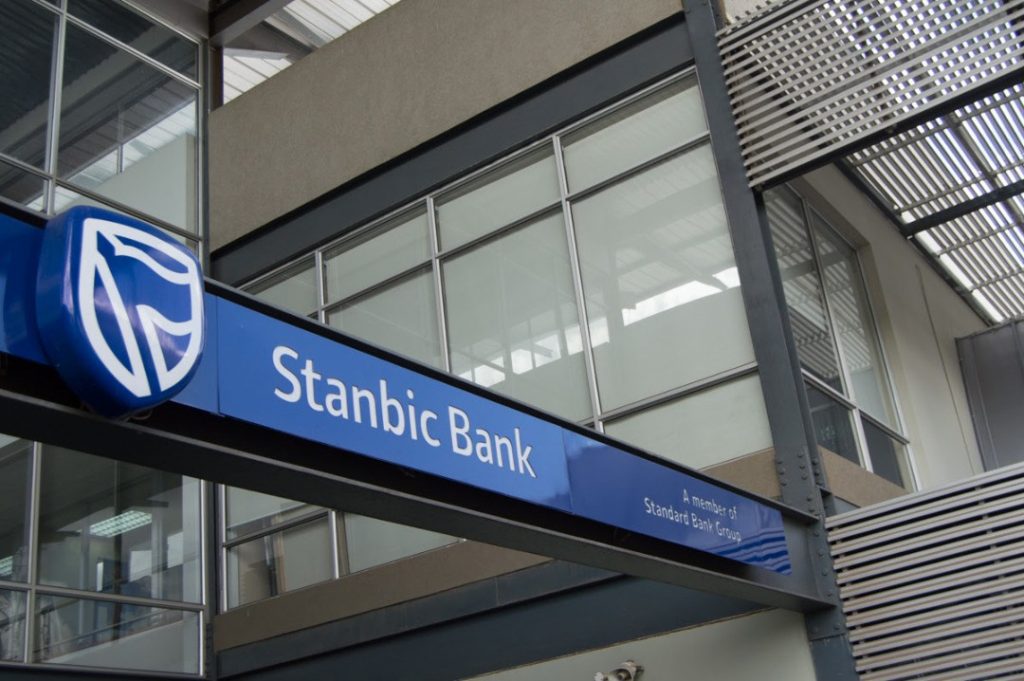
Key findings;
Faster sales growth supports expansion in output
Input purchases expand at sharpest rate in over two years
Output price inflation climbs to nine-month high
Stanbic Bank, S&P Global PMI.
Kenyan firms saw a greater improvement in business conditions midway through the final quarter of 2024. Sales grew at the fastest pace since May, leading to a moderate increase in output and stronger purchasing activity.
Accelerated growth momentum contributed to higher price pressures, as input costs rose solidly from October.
Consequently, selling prices increased to the greatest extent for nine months.
The headline figure derived from the survey is the Purchasing Managers’ Index™ (PMI®).
Readings above 50.0 signal an improvement in business conditions on the previous month, while readings below 50.0 show a deterioration.
Posting 50.9, up from 50.4, the PMI indicated a sustained expansion in the Kenyan private sector during November. The rate of growth was the highest in six months, but only marginal. Supporting business conditions was a moderate increase in new order volumes. Companies in the survey panel often highlighted an improvement in customer spend and increased travel driving sales higher.
 The upturn was concentrated in the services and wholesale & retail segments however, whereas agriculture, manufacturing and construction recorded declines in new orders.
The upturn was concentrated in the services and wholesale & retail segments however, whereas agriculture, manufacturing and construction recorded declines in new orders.
Nevertheless, the overall rise in sales, which was the best for six months, led to an expansion in private sector activity in November.
The rate of output growth picked up from October and climbed above the series average. Higher output requirements supported a solid uplift in purchasing activity that was the fastest observed since September 2022.
Supplier delivery times continued to shorten in November, although the pace of improvement remained marginal. Firms often noted that strong competition among vendors and better material supply aided deliveries.
This in turn supported an uplift in stocks, albeit the softest recorded since August.
Despite sales growth rising, job creation across the Kenyan economy was tempered in November. Whilst some businesses
took on more staff amidst higher workloads and greater marketing budgets, most panellists kept their workforces stable.

Outstanding work volumes ticked up after a fresh decline in October. On prices, the latest survey data pointed to an acceleration of
input cost inflation in the private sector.
Overall costs increased at the fastest pace in three months, which firms largely attributed
to greater taxes on purchased items.
According to Christopher Legilisho, Economist at Standard Bank:
“Stanbic Bank Kenya PMI data for November reveals a private sector growing in optimism about current economic conditions.
The PMI rose to 50.9, indicating an expansion in business conditions for a second consecutive month due to improved output and new orders amidst stable employment.
“New orders grew at the fastest pace in six months, with improvements in consumer spending and increased travel contributing to higher sales. However, this was not broad-based, but only in the wholesale and retail and services sectors.
Sales declined across agriculture, manufacturing and construction.
“Employment levels remained in expansion for a second consecutive month, although jobs growth was slower than in October. Hiring was associated with increased workloads, more generous marketing budgets, and improved orders.
Firms noted that higher sales supported increased purchasing activity, which grew at the fastest pace in over two years, and inventories were boosted to cater for strong demand.

“With positive economic momentum, input and output cost pressures increased due to higher taxes and increased outlays by firms to support higher sales volumes. Despite the notable improvement in current conditions in November, firms remain gloomy about the outlook.”
Consequently, average selling prices rose at the strongest pace in nine months, with inflation quickening from October. Notably,
all five broad sectors saw charges increase, which panelists linked to higher costs and strengthening customer demand.
Business expectations remained relatively weak and softened slightly since the start of the fourth quarter.
Just 8% of firms expect activity to rise over the next 12 months, with comments relating positivity to new marketing, digital technologies and branch openings







